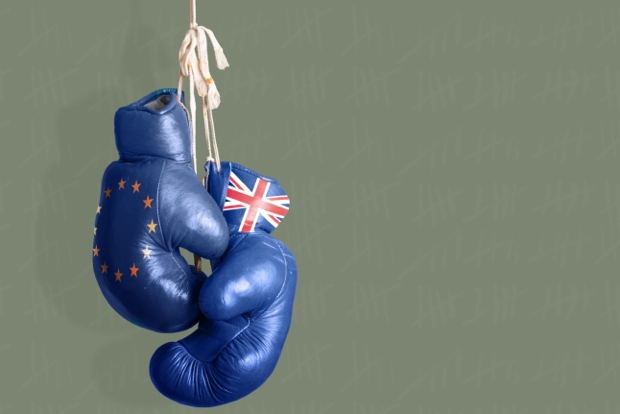They say you have to be nearly 60 to have voted in the 1975 referendum. I voted in that referendum. I was 12. My mum had forgotten her glasses. We were a Labour household and as we left the polling station she said, ‘You did vote “in”, like Harold Wilson suggested?’ ‘No,’ I replied, ‘I’m with Tony Benn. I want “Out”’.
Benn wasn’t right about much but he asked three good questions about the Common Market. Who appointed these people? What are the limits to their power? How do we get rid of them? Satisfactory answers are still unforthcoming. And his clear-headed approach may persuade others of the need to quit.
Common sense suggests that our economy doesn’t depend on the EU. To trade with China we don’t need MPs in China or Chinese MPs here. We don’t need to share our currency with Russia to sell goods over there. To trade with America we don’t need a mutual code of taxes and regulations. We tried that once. What happened? War. It took bloodshed to destroy a failed vision of shared government.
If the EU can solve people’s problems why is no one copying it? Even a region that easily could – the Arab world – isn’t creating a single parliament or a central seat of authority. South America which has just two main languages, (the EU has 24), isn’t about to form a political union and establish a single currency.
The EU began in the 1950s as an attempt to cure the ills of the 1930s. Abolish the nation-state. Thwart fascism. End war. That was the plan. And it was wrong. Fascism arose because economic stagnation transferred national sentiment from the moderates to the extremists. But this ill-conceived remedy for totalitarianism is still being pursued with relentless zeal by Brussels. Only in Europe, where the nation-state was born, is there a vigorous campaign to terminate it. Everywhere else our brilliant invention is thriving.
But Britain can’t take advantage of the success of other nations. Even Commonwealth countries with whom we share our language, our culture and our monarch are prevented from striking trade deals with us. This policy blunder hits Britain particularly hard because of our unique history. In the last 70 years the British Empire has dissolved and regenerated itself, like Dr Who, within our own borders. We now have colonies, or communities, of migrants from all of our former dominions and protectorates. They’ve been joined by ambitious spirits from Asia, Russia, the Pacific, the middle-east, central and south America. The whole world has come to Britain. And in some of our cities two hundred languages are spoken. These incomers cause a measure of disquiet but they represent a unique asset. They’re our trade delegation, our international network, our fiscal aqueduct drawing prosperity and profit into our country. Yet we can’t use their economic power because the EU forces us to funnel all our commerce through the stagnant bottle-neck of Brussels.
And why? Because some kindly old duffers in the 1950s tried to eradicate the evils of the 1930s with a remedy that failed. Their successors are failing still. The EU can’t cure the difficulties of the 21st century any more than leeches can cure ebola.
A video version of this post can be found here.







Comments